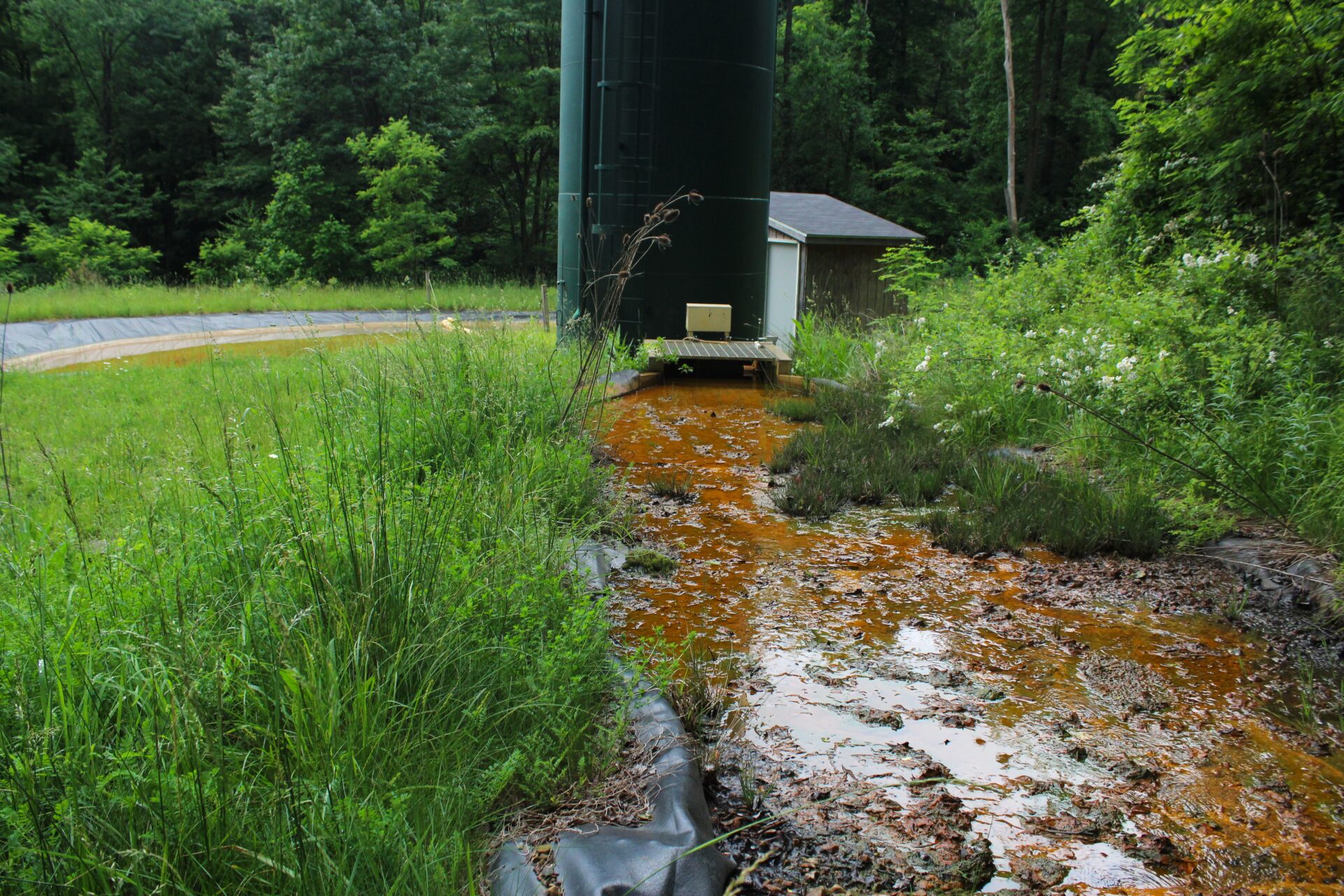Justice’s term as governor ends next year, and he’s been weighing a challenge to U.S. Sen. Joe Manchin.
Gov. Jim Justice may put his family’s coal business up for sale ahead of a potential U.S. Senate run, The Wall Street Journal reported late Tuesday.
Justice owns numerous companies that operate in West Virginia, Kentucky, Virginia and other states.
Justice’s term as governor ends next year, and he’s been weighing a challenge to U.S. Sen. Joe Manchin.
The WSJ article noted that the sale of the coal business would help Justice settle substantial debt.
Justice’s companies have paid millions of dollars in fines and penalties in multiple states, much of it related to unfinished mine reclamation.
In January, A&G Coal settled a lawsuit over three unreclaimed mine sites in southwest Virginia. As part of that settlement, A&G must complete reclamation work at the sites by 2025 and face higher fines if the new deadline is not met.
It also agreed to fund reclamation costs of up to $600,000 from coal mined at the three sites.
In December, Bluestone Coke agreed to pay nearly $1 million to settle a lawsuit over air pollution from its coke plant in Birmingham, Alabama.
The plant had been cited for years for hazardous pollutants from its coking ovens. The health department in Jefferson County, Alabama, went to court in 2021 alleging Bluestone violated its permit and the federal Clean Air Act.
In 2021, a Kentucky judge ordered Justice companies to pay a $3 million penalty, plus interest, for failing to complete reclamation work at three sites in eastern Kentucky. Justice and his son, Jay, were named as defendants in the case.
Justice’s coal business centers primarily on metallurgical coal, the kind that’s used to make steel.
An NPR investigation in 2016 found that Justice’s coal companies owed $15 million in taxes and safety penalties across six states, including nearly $7 million in Kentucky.
Justice was elected in 2016 as a Democrat, but later switched parties.
Justice spokesman Jordan Damron didn’t immediately respond to a request for comment on the sale.
